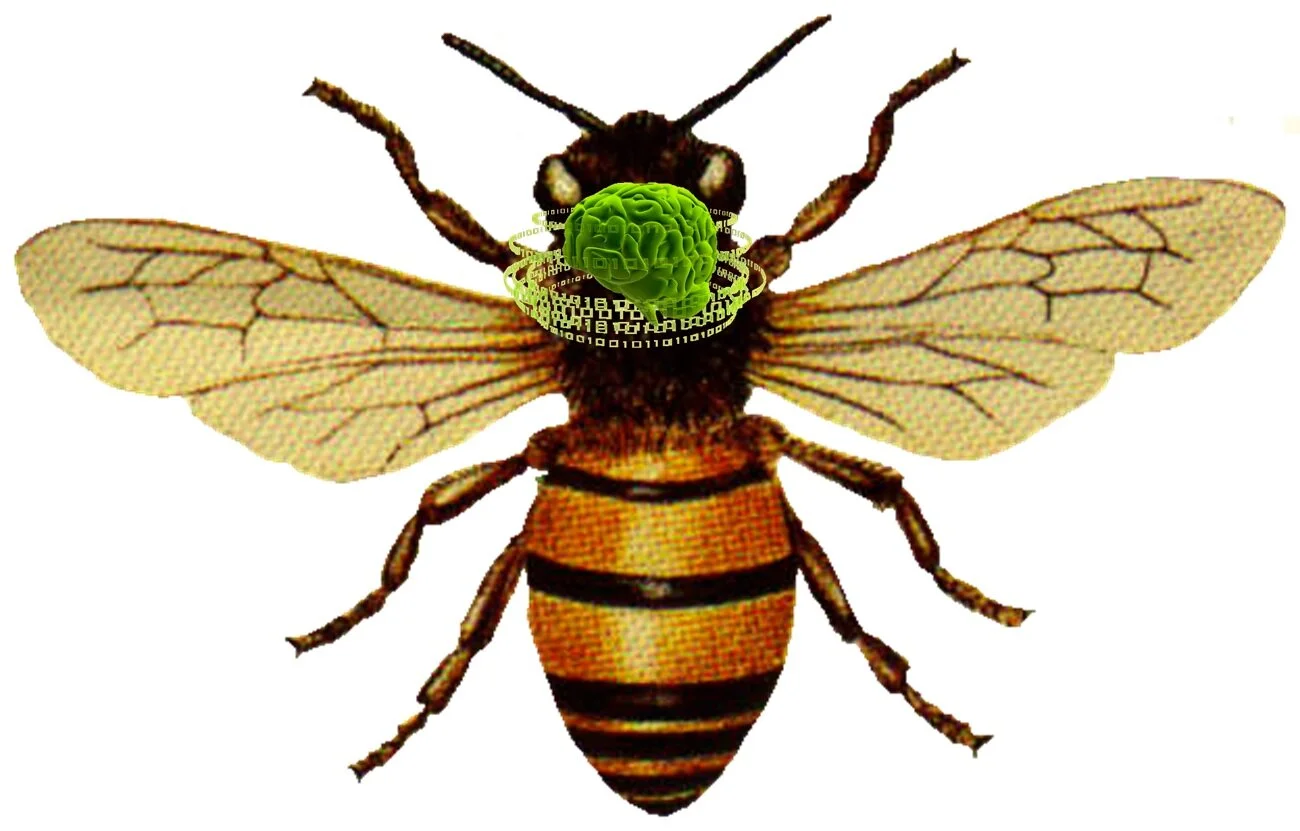This book analyses counterradicalisation policy in the US and the UK in the context of the concept of political community. Adapting citizenship theory and literature on state formation and drawing on interviews with senior counterterrorism policymakers, it provides a detailed history of these policy measures in both jurisdictions.
Read MoreOne of the open questions in Bayesian epistemology is how to rationally learn from indicative conditionals (Douven, 2016). Eva et al. (2019) propose a strategy to resolve this question. They claim that their strategy provides a "uniquely rational response to any given learning scenario". We show that their updating strategy is neither very general nor always rational. Even worse, we generalize their strategy and show that it still fails. Bad news for the Bayesians.
Read MoreI discussed the pitfalls of over- and underestimating the applicability of modelling results to understanding real world epistemic communities, and how to have an appropriate epistemic attitude towards them.
Read MoreI use category theory, the mathematical theory of structure, to illuminate the ways in which mathematical formalisms are used to represent real-world systems.
Read MoreSome realistic models of neural spiking take into account spike timing, yet the practical relevance of spike timing is often unclear. I show that polychronous networks reflect a distinct organisational principle from notions of pluripotency, redundancy, or re-use, and argue that properly understanding this phenomenon requires a shift to a time-sensitive, process-based view of computation.
Read MoreShould we tear down statues? Dr Claire Benn unravels some of the complex moral and ethical issues embodied in statues on ABC Radio Drive with Anna Vidot.
Read MoreColin Klein (ANU), Andrew Barron (Macquarie) and Marta Halina (Cambridge) have been awarded a grant to study "The major transitions in the evolution of cognition" from the Templeton World Charity Foundation. This $1M USD grant will fund research into the major shifts in computational organisation that allowed evolving brains to process information in new ways. Researchers at the ANU, led by CI Klein, will explore the philosophical foundations of computational neuroscience.
Read MoreChristian Barry and Seth Lazar consider what justifies requiring some people to bear costs for the sake of others, in the public health response to COVID-19.
Read More







